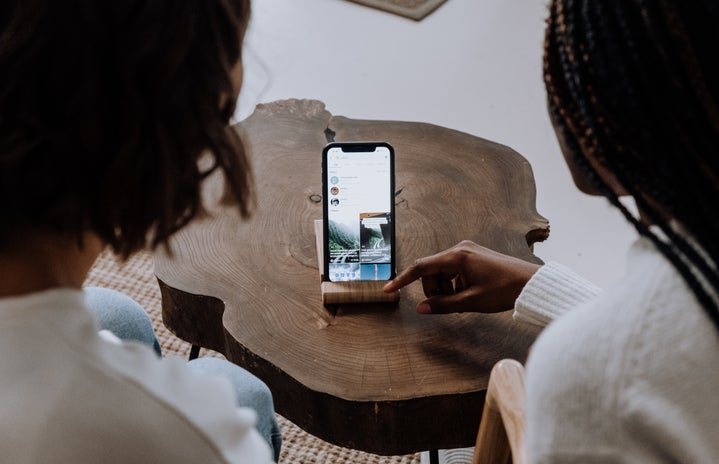In his recent single “Industry Baby”, Lil Nas X assures listeners that he hasn’t actually “fallen off”, he just hasn’t released new music in a while. The song as a whole is responsive to expectations of success, but that particular lyric really got me thinking. Here we have an artist very much in his early days – two years off his first hit and record deal – who feels a need to remind us of his relevancy. What does this say about us (the listeners) and the extremes we expect artists to reach? Of course, stress and insecurity will wiggle their way into any venture… but this isn’t about that. This is about taking a hard look at how much anticipation and hyperbole are valued within stan culture, and consequently, our lives.
With the internet, it seems as though everyone always wants everything, and everything must be perfect. Perfect enough to minimize others’ achievements. Perfect enough to let us take ownership. In this same cultural lens – the lens-shaped by stan culture – good songs are “iconic” and weak songs are “tragic” or “skips”. There is a need to make everything spectacular (whether in failure or success) and this creates mountains of pressure. I don’t just mean for the artists – this creates pressure for us. We no longer let ourselves consume in a casual, enjoyable way. We listen to the sport. We listen to see if the newest work outdoes the last – as if the most recent experience negates the previous one. Take Rihanna, for example; her fans demand a follow-up album to ANTI – arguably her best release to date. Yet the listener wants an even stronger comeback – as if a terrible new album would compromise the love they have for ANTI. Nonetheless, Rihanna has taken her time, and her rejection of our proposed timeline for how long art should take has potentially soiled her relationship with the public. So we’re left to wonder: how do we value artistry?
Pop culture is inherently commercial, but it’s sustained by the artistry and creative interaction. The more we champion hyperbole and unrealistic expectations, the more we poison the interaction between consumer and creator. Moreover, our definitions of artistry are so fragile that we only ever see the final product as artistry. I’d like to propose that artistry is the moments in between final products. That artistry is left unimpacted by reviews or timelines or “skips”. One bad album doesn’t make a bad artist. At least it shouldn’t.
Let’s leave the stress up to the Hollywood execs on the high-up floors, and instead re-introduce ourselves to open-mindedness and changes of pace. After all, the relationships we have with those who give us art say a lot about our relationships with ourselves. The more unafraid we are of other people’s successes, or lack thereof, the less afraid we can be of our own. So let’s take the pressure off.
And with that…
Who else is excited about Rihanna’s next album?!





